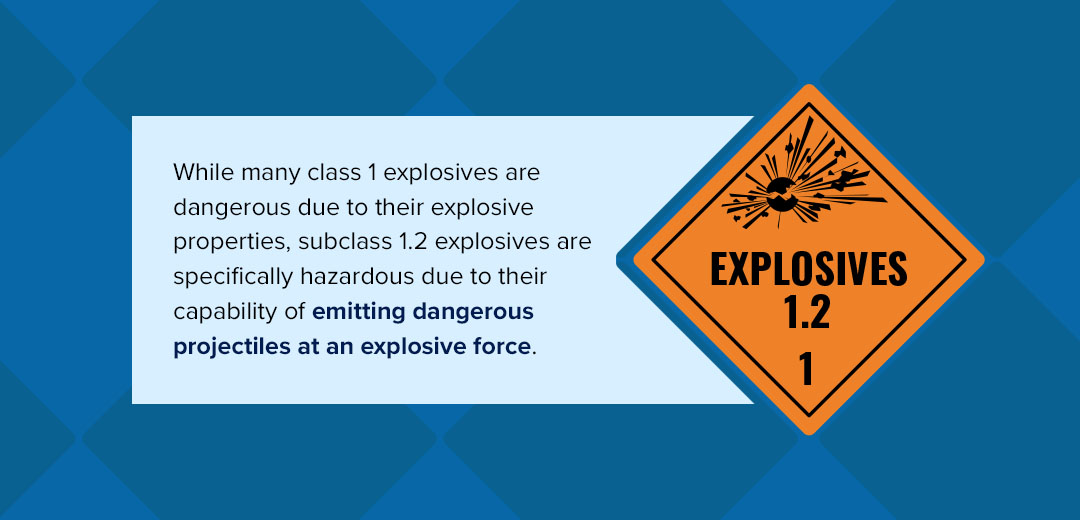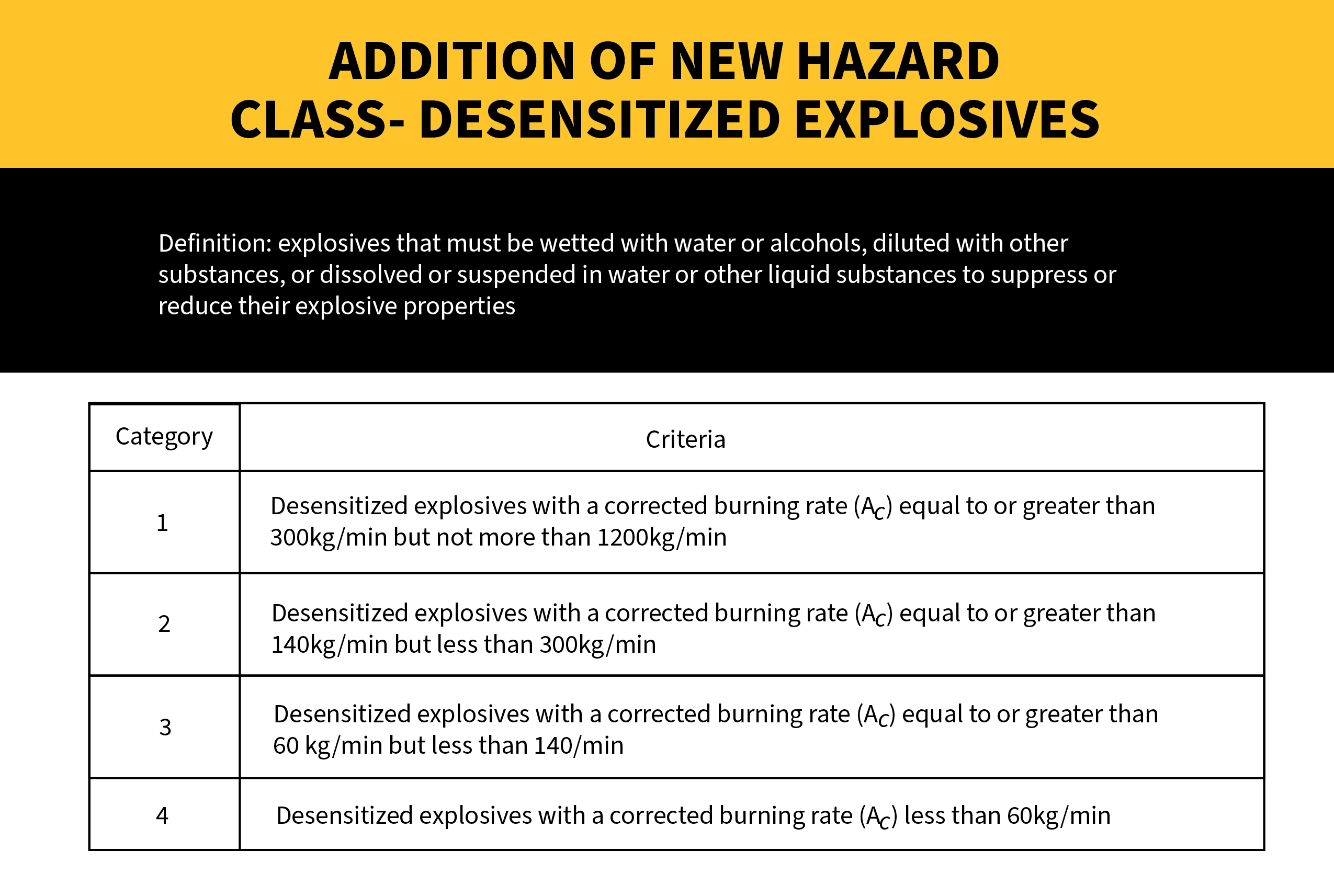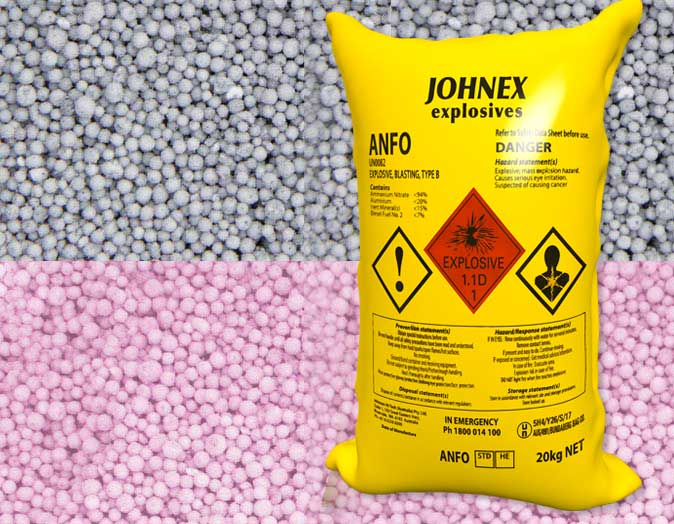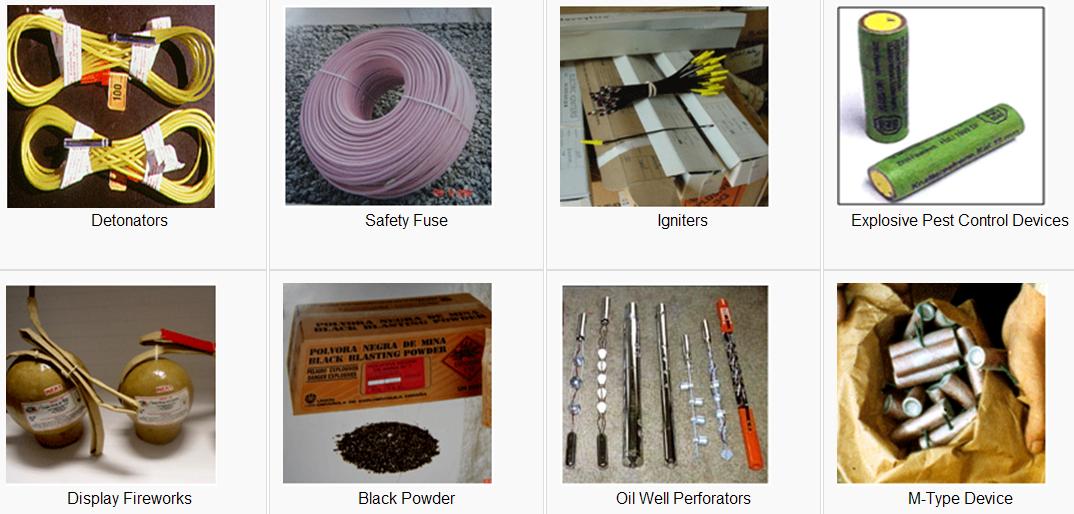What Is The Most Available Explosive Agent - The most common cbrne/wmd agents in use are still incendiaries and explosives. A wide variety of substances ca serve as oxidizer and fuel for an. Among the given options, tnt (trinitrotoluene) is the most available explosive agent due to its stability and widespread use in. This chapter covers not only explosives, but also blasting agents and detonators, all of which are defined as explosive materials in section 841. The resultant explosive is a blasting agent requiring a one pound booster for initiation, not a cap sensitive, small diameter mixture. Which of the following is not a physical requirement of those expected to wear ppe?. Tnt (trinitrotoluene) is one of the most widely available explosive agents due to its use in military applications, construction, and. The most available explosive agent among the options listed is tnt (trinitrotoluene) 1 nitroglycerin is a liquid explosive agent 2 tnt. What is the most available explosive agent?
The resultant explosive is a blasting agent requiring a one pound booster for initiation, not a cap sensitive, small diameter mixture. What is the most available explosive agent? A wide variety of substances ca serve as oxidizer and fuel for an. Among the given options, tnt (trinitrotoluene) is the most available explosive agent due to its stability and widespread use in. This chapter covers not only explosives, but also blasting agents and detonators, all of which are defined as explosive materials in section 841. Which of the following is not a physical requirement of those expected to wear ppe?. The most available explosive agent among the options listed is tnt (trinitrotoluene) 1 nitroglycerin is a liquid explosive agent 2 tnt. The most common cbrne/wmd agents in use are still incendiaries and explosives. Tnt (trinitrotoluene) is one of the most widely available explosive agents due to its use in military applications, construction, and.
Among the given options, tnt (trinitrotoluene) is the most available explosive agent due to its stability and widespread use in. What is the most available explosive agent? The resultant explosive is a blasting agent requiring a one pound booster for initiation, not a cap sensitive, small diameter mixture. This chapter covers not only explosives, but also blasting agents and detonators, all of which are defined as explosive materials in section 841. Which of the following is not a physical requirement of those expected to wear ppe?. The most common cbrne/wmd agents in use are still incendiaries and explosives. Tnt (trinitrotoluene) is one of the most widely available explosive agents due to its use in military applications, construction, and. The most available explosive agent among the options listed is tnt (trinitrotoluene) 1 nitroglycerin is a liquid explosive agent 2 tnt. A wide variety of substances ca serve as oxidizer and fuel for an.
What Are The 9 Hazard Classes? EMO Trans, Inc.
A wide variety of substances ca serve as oxidizer and fuel for an. The most available explosive agent among the options listed is tnt (trinitrotoluene) 1 nitroglycerin is a liquid explosive agent 2 tnt. The resultant explosive is a blasting agent requiring a one pound booster for initiation, not a cap sensitive, small diameter mixture. Which of the following is.
Blasting agents
Among the given options, tnt (trinitrotoluene) is the most available explosive agent due to its stability and widespread use in. The most available explosive agent among the options listed is tnt (trinitrotoluene) 1 nitroglycerin is a liquid explosive agent 2 tnt. The resultant explosive is a blasting agent requiring a one pound booster for initiation, not a cap sensitive, small.
Hazard Class 1 Explosives & Blasting Agents (1.3C) DOT Placard MPL120
The most available explosive agent among the options listed is tnt (trinitrotoluene) 1 nitroglycerin is a liquid explosive agent 2 tnt. Among the given options, tnt (trinitrotoluene) is the most available explosive agent due to its stability and widespread use in. What is the most available explosive agent? This chapter covers not only explosives, but also blasting agents and detonators,.
Commercial Explosives Twiga Chemical Industries Limited
Tnt (trinitrotoluene) is one of the most widely available explosive agents due to its use in military applications, construction, and. The most common cbrne/wmd agents in use are still incendiaries and explosives. This chapter covers not only explosives, but also blasting agents and detonators, all of which are defined as explosive materials in section 841. A wide variety of substances.
OSHA’s Revised Hazard Communication Standard
Which of the following is not a physical requirement of those expected to wear ppe?. This chapter covers not only explosives, but also blasting agents and detonators, all of which are defined as explosive materials in section 841. A wide variety of substances ca serve as oxidizer and fuel for an. The most common cbrne/wmd agents in use are still.
Exan™ LD
Tnt (trinitrotoluene) is one of the most widely available explosive agents due to its use in military applications, construction, and. The most available explosive agent among the options listed is tnt (trinitrotoluene) 1 nitroglycerin is a liquid explosive agent 2 tnt. A wide variety of substances ca serve as oxidizer and fuel for an. The resultant explosive is a blasting.
Diagram of WHMIS 2015 Pictograms [Classification Version] Quizlet
What is the most available explosive agent? The most common cbrne/wmd agents in use are still incendiaries and explosives. This chapter covers not only explosives, but also blasting agents and detonators, all of which are defined as explosive materials in section 841. The resultant explosive is a blasting agent requiring a one pound booster for initiation, not a cap sensitive,.
Johnex Explosives Australia's Explosives Innovators Home
The resultant explosive is a blasting agent requiring a one pound booster for initiation, not a cap sensitive, small diameter mixture. Which of the following is not a physical requirement of those expected to wear ppe?. This chapter covers not only explosives, but also blasting agents and detonators, all of which are defined as explosive materials in section 841. What.
Manufacturing Explosives & Blasting Agents Industrial Explosives
The most available explosive agent among the options listed is tnt (trinitrotoluene) 1 nitroglycerin is a liquid explosive agent 2 tnt. Which of the following is not a physical requirement of those expected to wear ppe?. This chapter covers not only explosives, but also blasting agents and detonators, all of which are defined as explosive materials in section 841. Among.
Suspicious or Dangerous Items Bureau of Alcohol, Tobacco, Firearms
The resultant explosive is a blasting agent requiring a one pound booster for initiation, not a cap sensitive, small diameter mixture. Which of the following is not a physical requirement of those expected to wear ppe?. The most available explosive agent among the options listed is tnt (trinitrotoluene) 1 nitroglycerin is a liquid explosive agent 2 tnt. A wide variety.
Among The Given Options, Tnt (Trinitrotoluene) Is The Most Available Explosive Agent Due To Its Stability And Widespread Use In.
This chapter covers not only explosives, but also blasting agents and detonators, all of which are defined as explosive materials in section 841. What is the most available explosive agent? The most common cbrne/wmd agents in use are still incendiaries and explosives. Tnt (trinitrotoluene) is one of the most widely available explosive agents due to its use in military applications, construction, and.
The Most Available Explosive Agent Among The Options Listed Is Tnt (Trinitrotoluene) 1 Nitroglycerin Is A Liquid Explosive Agent 2 Tnt.
Which of the following is not a physical requirement of those expected to wear ppe?. A wide variety of substances ca serve as oxidizer and fuel for an. The resultant explosive is a blasting agent requiring a one pound booster for initiation, not a cap sensitive, small diameter mixture.






![Diagram of WHMIS 2015 Pictograms [Classification Version] Quizlet](https://o.quizlet.com/z9UBPbdMr5sp84a-1seZXg_b.png)


